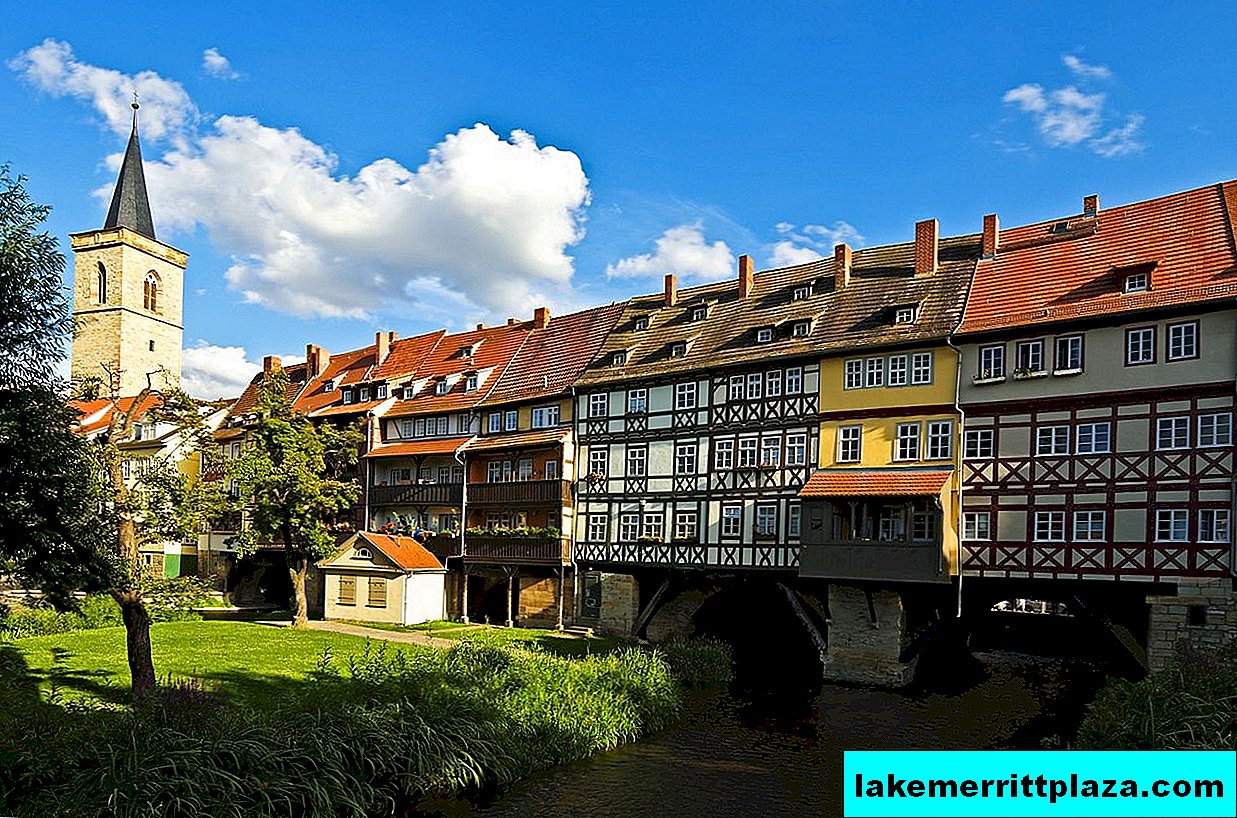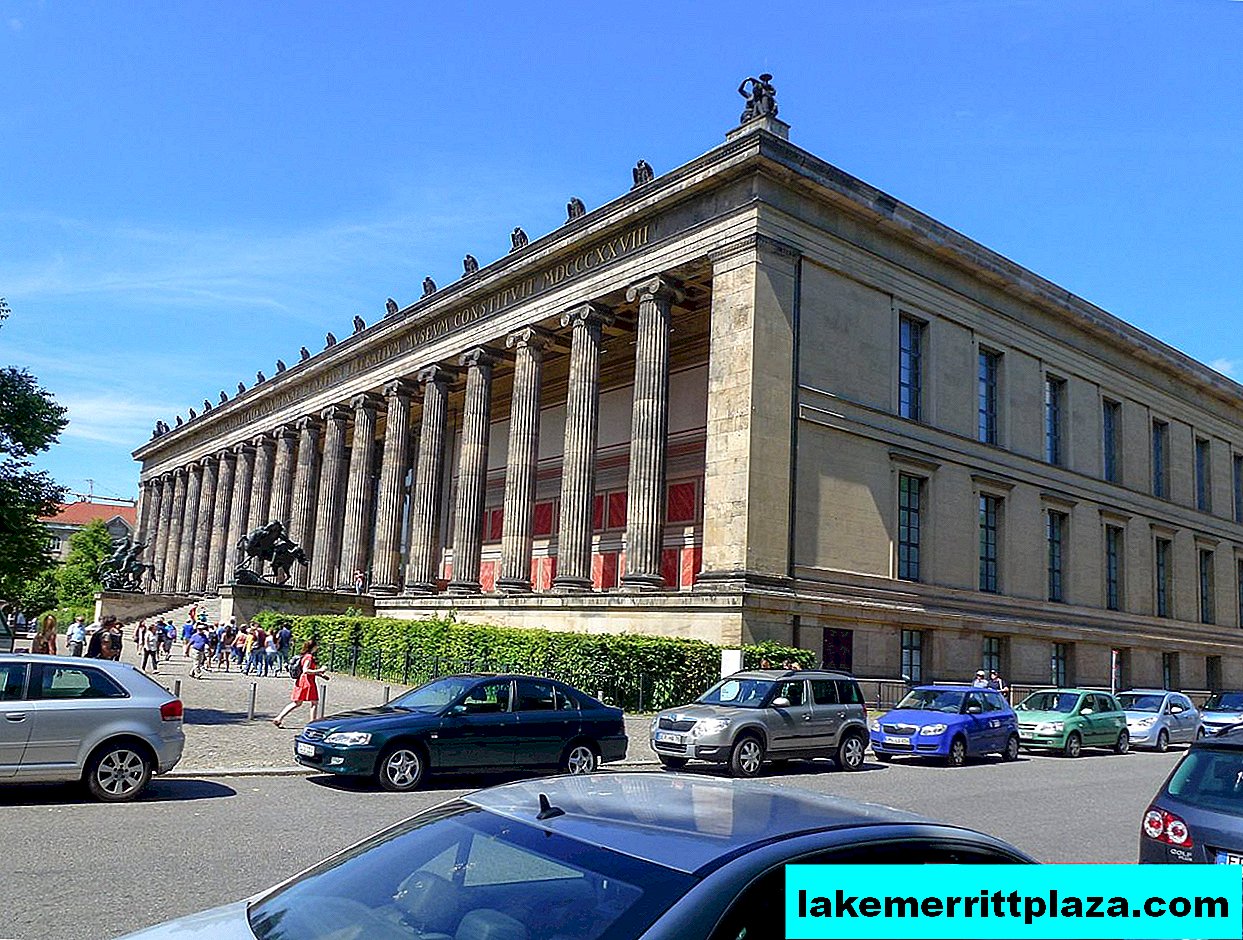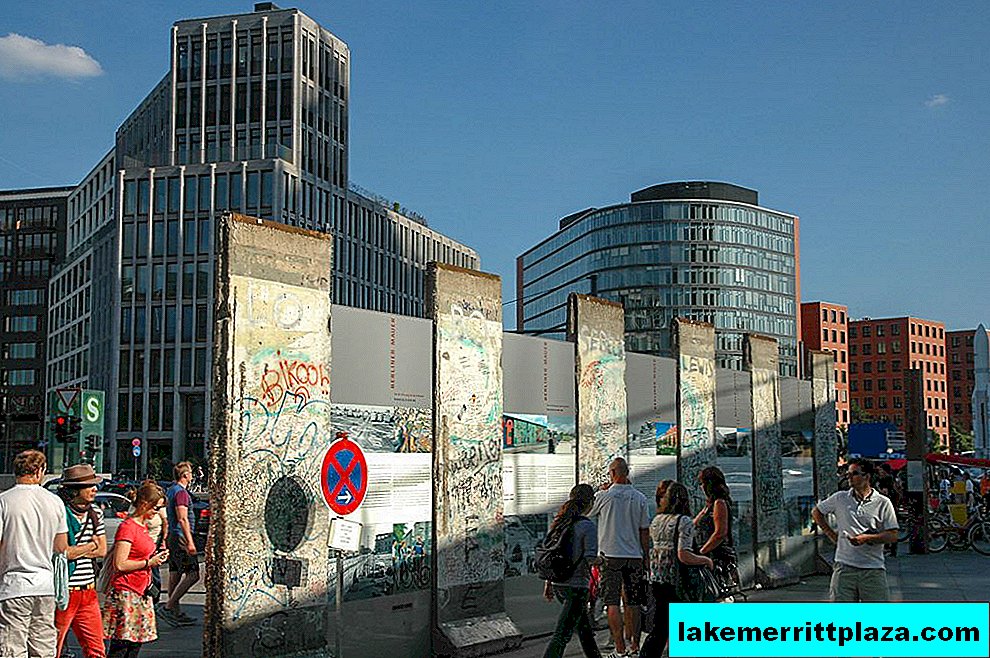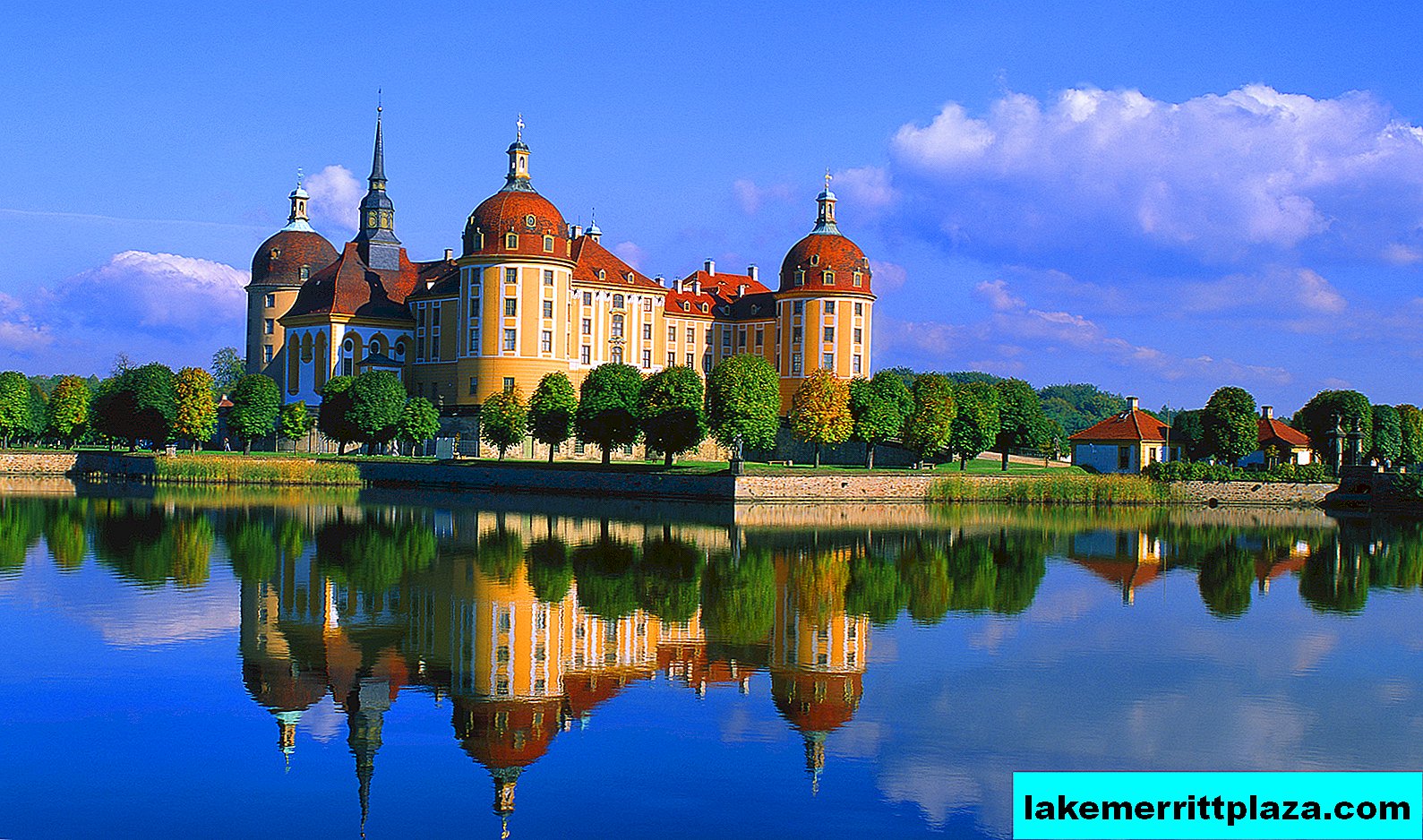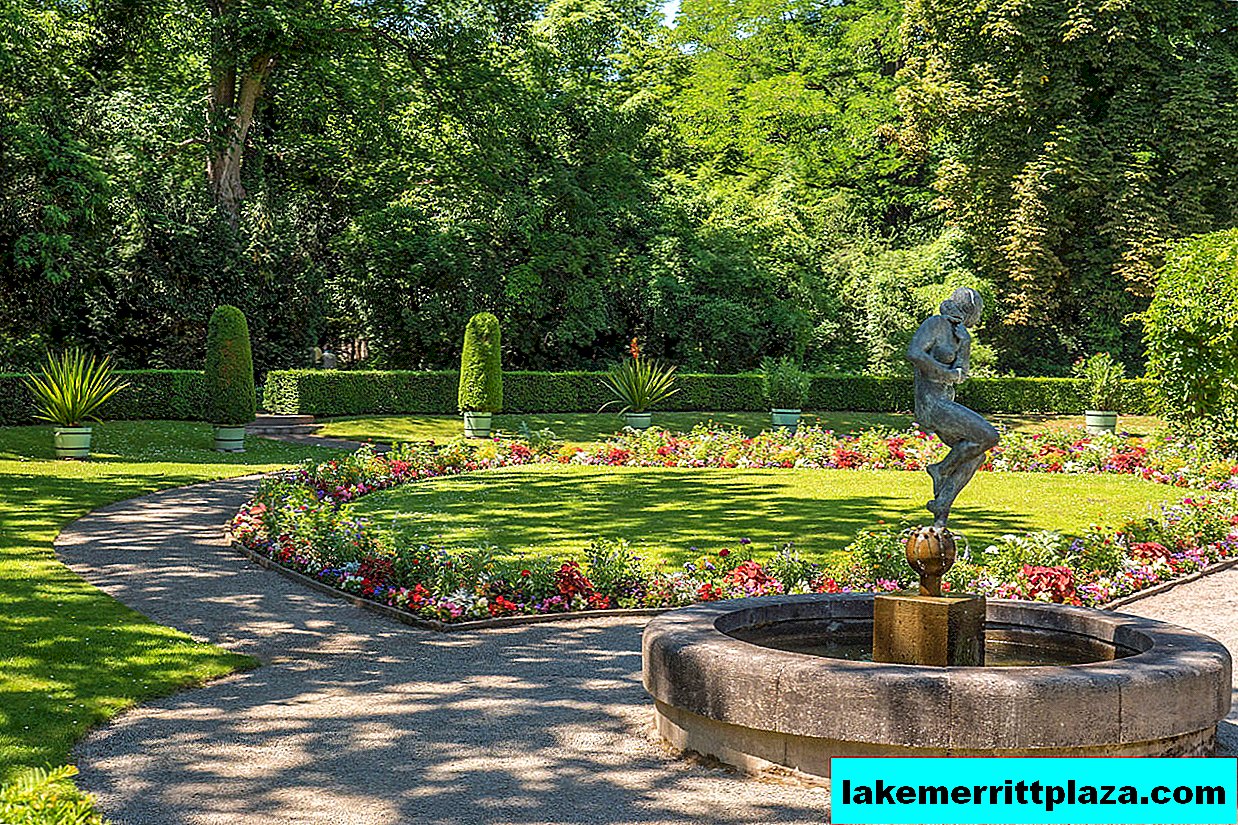The north of Italy is concerned about the economic situation in the country. And what else scares the Italians: from transport to the criminal situation?
After a sharp decline in 2012, the degree of Italians' satisfaction with their lives over the course of this year was a fairly stable picture. At the same time, the number of citizens expressing sharp dissatisfaction with their living conditions has doubled. Dissatisfaction increased for the most part in the following areas: family, friends, health, free time. Satisfaction with personal and family economic status also decreased.

These were the main results of the multi-purpose study "Aspects of Everyday Life", conducted in March 2013 by the Italian statistical agency ISTAT. To the question “How satisfied are you with your life now?” the average rating of respondents aged 14 and over was 6.8 points on a scale of 1 to 10. At the same time, the level of “subjective well-being” somewhat decreased in regions where it was usually above the national average. The share of lucky people satisfied with life by 8-10 points returned to the traditional 35% after falling as much as 8% in 2010-2012. However, the number of people completely dissatisfied with life doubled (0-3 points), increasing from 2.3% to 4.5%.
In 2013, 90.2% of Italians were satisfied with family relationships; 81.8% are satisfied with relationships with friends. Nevertheless, in these areas there is a decrease in the level of satisfaction: in 2013, only 33.4% of respondents were very happy with family relations compared to 36.8% in 2012; as well as the share of fully satisfied relations with friends decreased from 26.6% to 23.7%.
 Regarding their own state of health, 80.3% of the population responded positively (fully or sufficiently satisfied), while 13.5% were not satisfied enough, and 4.5% were generally dissatisfied with their health. In this area, a decrease in the level of satisfaction as compared to 2012 was also recorded (the number of completely satisfied people fell from 18.5% to 16.5%).
Regarding their own state of health, 80.3% of the population responded positively (fully or sufficiently satisfied), while 13.5% were not satisfied enough, and 4.5% were generally dissatisfied with their health. In this area, a decrease in the level of satisfaction as compared to 2012 was also recorded (the number of completely satisfied people fell from 18.5% to 16.5%).
As for free time, only 63% of the population expressed absolute or sufficient satisfaction: obviously a much lower percentage compared to the already noted areas of everyday life. Moreover, to a greater extent this applies to women.

A deterioration in the financial situation was noted by 58.6% of families (compared with 55.8% in 2012). Geographically, the decline is concentrated in the north of the country. At the same time, the degree of satisfaction with the personal financial condition decreased: 58% of respondents were completely dissatisfied or insufficiently satisfied with the size of their wallet (last year their share was 55.7%). Also, this trend is more noticeable in the central part of northern Italy.
 In 2013, 73.2% of employees were completely or sufficiently satisfied with their activities (a slight decrease in the percentage compared to 2012). At the same time, women are slightly more satisfied than men (74.3% versus 72.4%). People who are insufficiently or completely dissatisfied with their work make up 23.5%.
In 2013, 73.2% of employees were completely or sufficiently satisfied with their activities (a slight decrease in the percentage compared to 2012). At the same time, women are slightly more satisfied than men (74.3% versus 72.4%). People who are insufficiently or completely dissatisfied with their work make up 23.5%.
To the question "Do you prefer to trust people, or on the contrary, think that you should be as careful as possible with everyone around you?" most of the respondents answered very carefully. As a result, 77.3% say that "you need to be careful," and only 20.9% are committed to trusting relationships. In 2012, the shares were 78.1% and 20%.
The study also identified the main problems associated with the place of residence of the family:
- traffic jams (38.1%)
- parking difficulties (37.2%)
- air pollution (36.7%)
- noise (32.4%)
- problems with public transport (31.2%)
- criminal environment (31%)
- inability to drink tap water (29.2%)
- dirt on the streets (28.1%).
Moreover, only 9.9% of the population experience difficulties with water in most of the country, but in Sicily and in Calabria the problem becomes really significant (30.7% and 25.2%). The criminal situation in the country has also become more complicated (in 2012, 26.4% of families noted the problem, and in 2013 it was already 31%) and the situation with public transport (growth from 28.8% to 31.2%).

